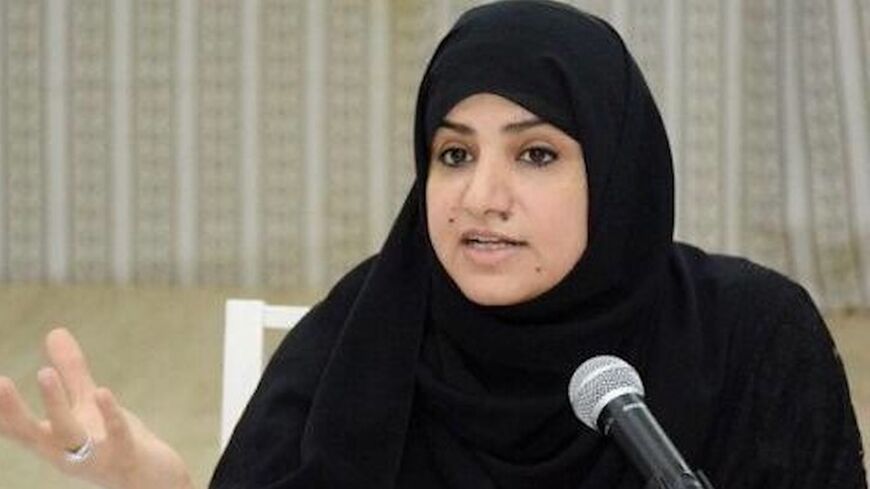United Nations human rights experts condemned on Friday the “arbitrary detention” of two Saudi women over tweets critical of the kingdom’s policies, calling for their immediate release.
In a report released to the public on Friday, the UN Working Group on Arbitrary Detention said Salma al-Shehab and Nourah bint Saeed al-Qahtani, who were arrested in 2021 in separate cases, were denied basic rights, including a fair trial. The report also criticized their sentencing in accordance with Saudi Arabia’s Anti-Terrorism Law.
Shehab, a 34-year-old Ph.D. student and mother of two, was arrested in 2021 while on holiday in Saudi Arabia, just a few days before she was due to return to the UK for her studies at Leeds University. Shehab was called in for questioning at the Presidency of State Security facility in Dammam over tweets supporting women’s rights and activists. She was initially sentenced to six years in prison. But in early August 2022, the notorious Specialized Criminal Court (SCC) increased her sentence to 34 years in prison on charges of “assisting those who seek to cause public unrest and destabilize civil and national security by following their Twitter accounts.”
“Salma al-Shehab should never have been convicted in the first place, but to have her sentence increased from six to 34 years following an unfair trial shows that the authorities intend to use her to set an example amid their unrelenting crackdown on free speech. She must be immediately and unconditionally released,” Diana Semaan, Amnesty International’s acting deputy director for the Middle East and North Africa, said in a report in 2022.
Days later that year, the same court convicted Qahtani of “using the internet to tear the social fabric” and “violating public order by using social media,” and slapped her with a 45-year jail sentence.
Qahtani was arrested by officers of the Presidency of State Security in July 2021 over tweets criticizing human rights abuses and political detentions in Saudi Arabia. Before her arrest, the 47-year-old woman worked at the College of Arts, King Saud University, and was a writer with the cultural magazine of the Arabic daily Al-Jazirah.
The UN report criticized Saudi authorities’ use of vague provisions of the Anti-Terrorism Law. According to the report, the Saudi government responded in February to the allegations concerning the two women, saying they were “unfounded” and “without supporting evidence.”
The SCC in Saudi Arabia was established in 2008 to try terror suspects. But it has since broadened its mandate to target any dissent.
“The Saudi Arabian government exploits the SCC to create a false aura of legality around its abuse of the counter-terror law to silence its critics,” Amnesty International’s Middle East and North Africa regional director Heba Morayef said in a 2020 report.
Despite recent reforms aimed at modernizing the kingdom, Saudi Arabia’s de facto ruler Crown Prince Mohammed bin Salman has been accused of leading a crackdown against any form of dissent. In 2017, hundreds of businessmen, princes and officials were arrested in a self-described anti-corruption sweep led by the prince in what was widely viewed as a bid to consolidate his power.
More than 100 women are believed to have been arrested in the kingdom under his watch, according to 2021 data by the UK-based Sanad Organization for Human Rights. In May 2018, dozens of women, including prominent women’s rights activist Loujain al-Hathoul, were arrested just weeks before Saudi Arabia lifted its ban on women driving.








